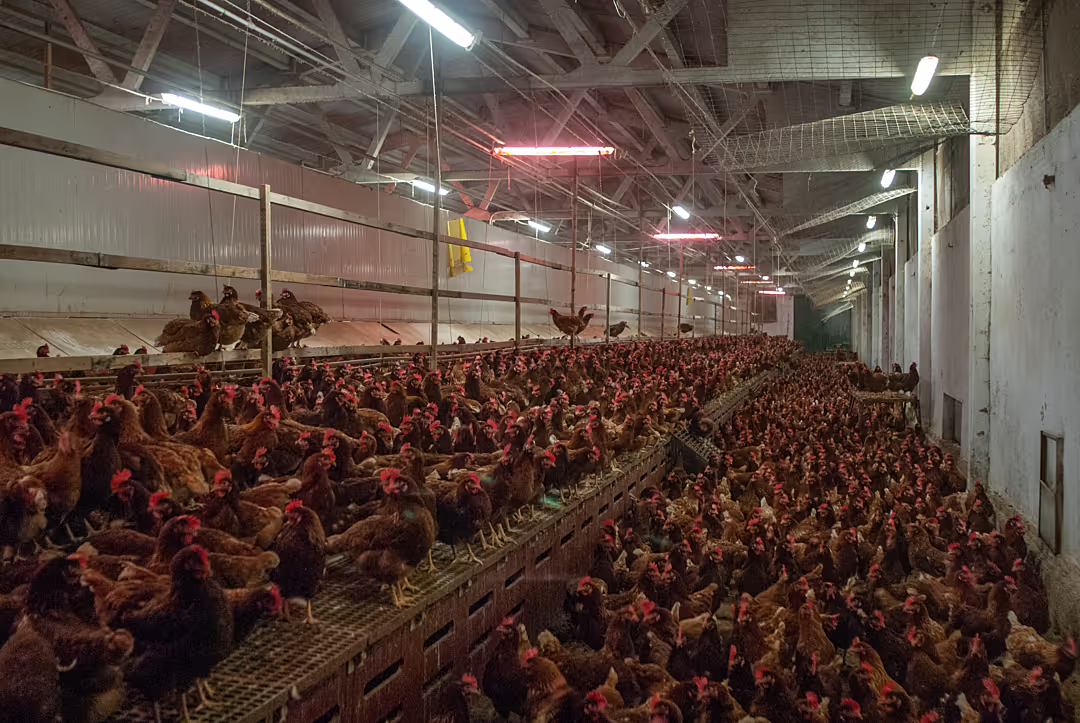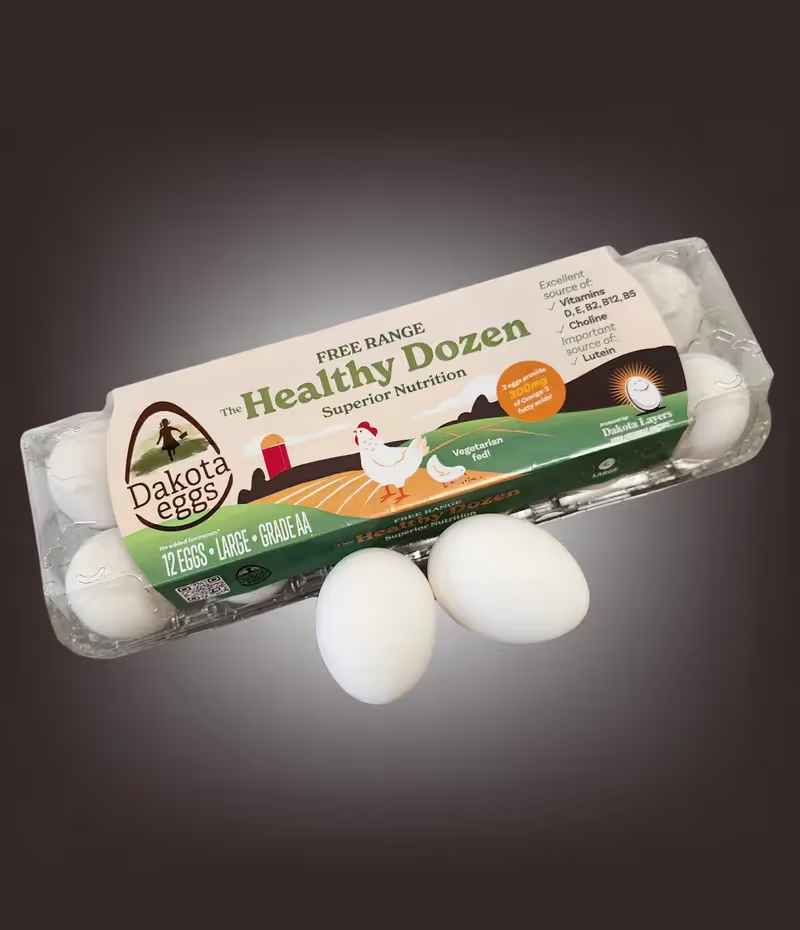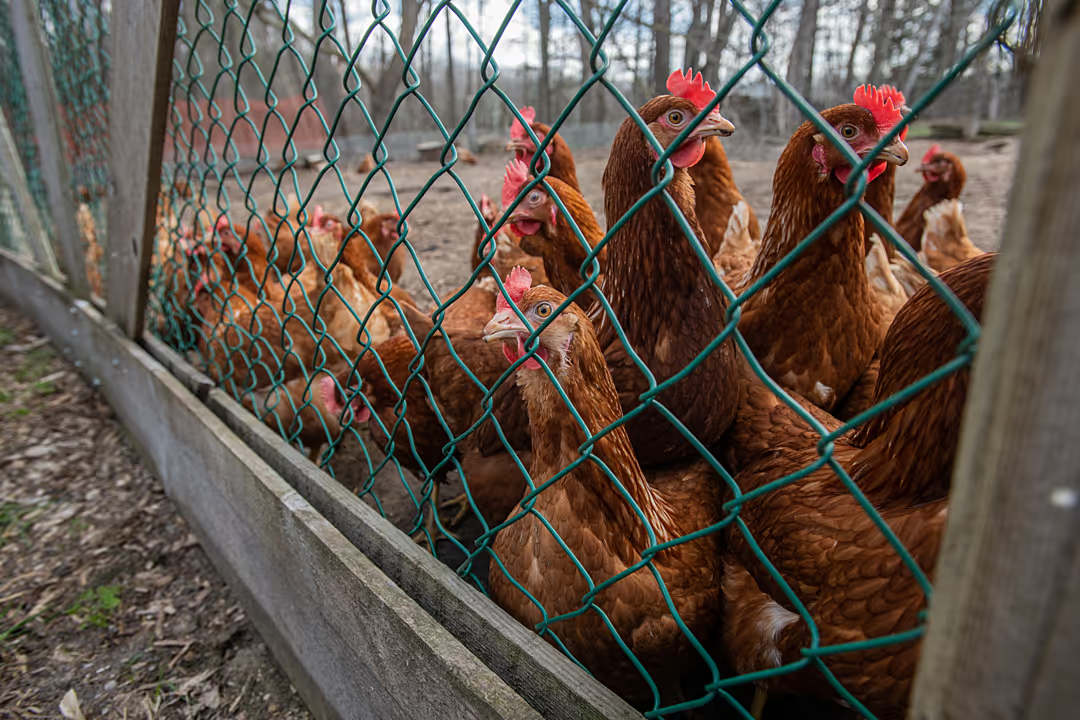What does 'free range' really mean? The
When you see 'free range' on a carton of eggs or a package of chicken, it’s easy to picture animals roaming outdoors, enjoying the sunshine and fresh air. For many, 'free range' is shorthand for humane, natural, and ethical farming. But does the label live up to the image?
In this article, we explore what 'free range' really means, how it’s regulated, and what conditions animals actually experience in these systems.
What Is the Legal Definition of 'Free Range'?
The definition of 'free range' varies by country, species, and certifying body—and in some cases, it’s barely defined at all.
This means that free range can range from meaningful access to open pasture… to a small, barren yard that animals rarely use.
Do ‘Free-Range’ Animals Really Go Outside?Not necessarily. “Access to the outdoors” can mean a tiny pop-hole in a crowded barn that leads to a small patch of dirt. Whether animals use that access depends on the following:
Location of exits: Pop-holes may be far from where animals rest or feed.
Size and design of outdoor space: If it’s cramped, muddy, or uninviting, animals may avoid it.
Stocking density: In densely packed barns, competition or fear may deter animals from using exits.

In most cases, the indoor environment remains similar to conventional systems—large sheds housing thousands of birds or animals. Key concerns include:
High stocking density: Even in 'free-range' barns, animals often have just a square foot or two of space per bird.
Limited enrichment: Natural behaviors like foraging, dust bathing, or social interaction are often restricted.
Short lifespans: In the poultry industry, birds may be slaughtered at just 5–8 weeks of age, meaning their outdoor access (if any) is limited and short-lived.
So while the label suggests freedom, the lived experience of many 'free-range' animals is still one of confinement, stress, and premature death.
Why Do People Believe Free Range Is More Humane?Marketing and imagery play a major role. Labels featuring green fields, blue skies, or phrases like “farm fresh” or “raised naturally” create strong associations—even if those conditions aren’t legally required or practically delivered.

Consumers understandably want to make compassionate choices. However, research shows that public understanding of labels like 'free-range' is often inaccurate. In one UK survey, over 70% of consumers believed ‘free-range’ hens lived most of their lives outdoors, when in fact the majority spend most of their time indoors.
“Unfortunately, ‘free range’ means very little in terms of animal welfare and is often employed as a marketing ploy. Many free-range hens, for example, spend most of their lives in vast, stinking, overcrowded sheds. Due to the national avian influenza (bird flu) outbreak, eggs from hens kept indoors under a compulsory housing order can still be labelled ‘free range’ even if the birds have never been outside. Eggs aren’t essential for a healthy diet and are linked to heart disease, stroke, type 2 diabetes and food poisoning. Ditching them is best for the animals and could benefit your health and the environment.” - Dr Justine Butler, Head of Research at vegan campaigning charity Viva!Is Free Range Better Than Conventional Farming?In some cases, yes. ‘Free-range’ systems may offer marginally more space, some natural light, or reduced antibiotic use. But these improvements are often modest and inconsistent.
The gap between consumer perception and actual conditions is wide—and it’s this gap that industry marketing is designed to maintain. While free range sounds like a kinder option, it's not a guarantee of good welfare, and it is not anywhere near natural living.

Free range should not be a feel-good label that obscures reality. It should mean what it implies: that animals can live a part of their lives outdoors. Until labeling standards catch up with consumer expectations, it’s up to all of us to ask more questions, demand better definitions, and support transitions toward food systems that align with transparency, empathy, and sustainability. If you’re not sure about the conditions that the animals were raised in, the best choice you can make is to skip purchasing those eggs, meat, or dairy products. Skipping out on some animal products won’t make your life any worse, but buying these products is more likely than not to cause suffering to animals.